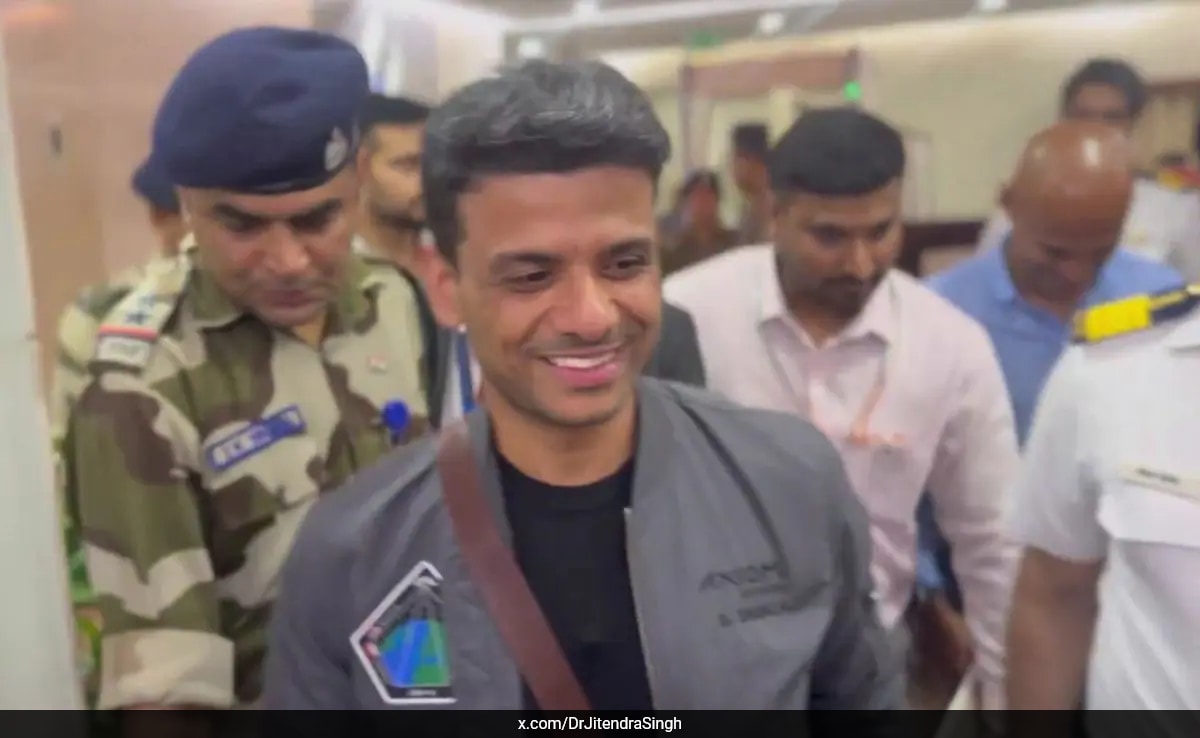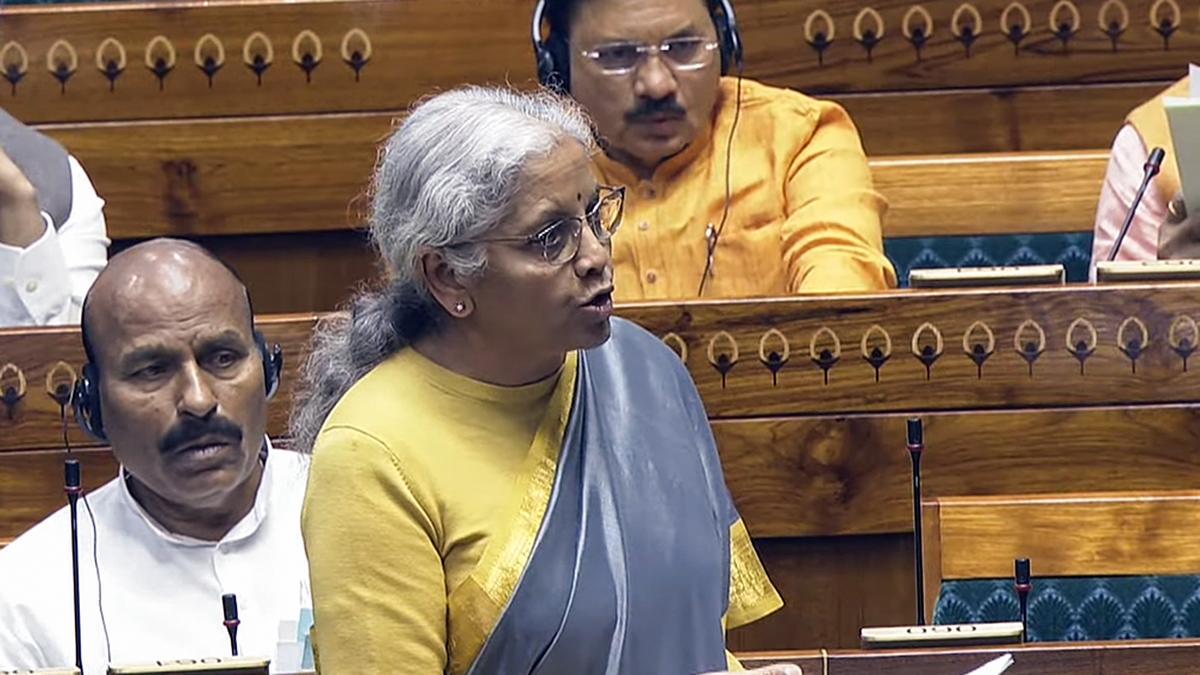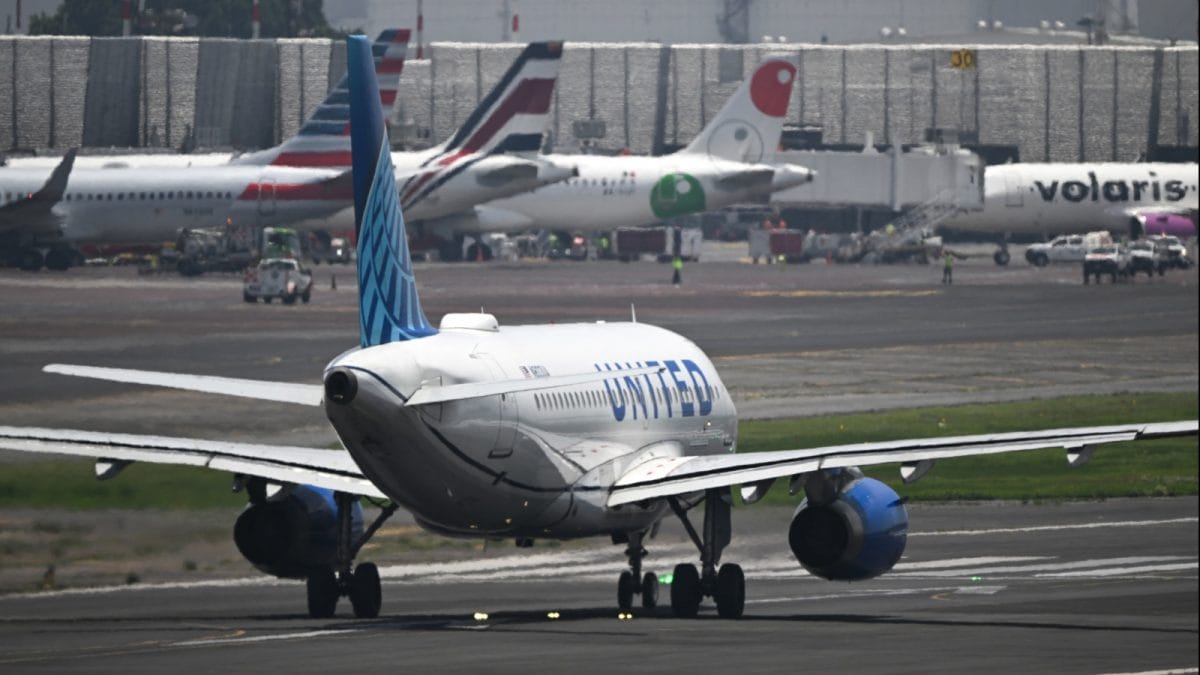Amidst the hustle and bustle at Chennai’s MGR Central Railway Station, a man in his 50s sits quietly, absorbed in his phone. On this humid afternoon, he is wearing a yellow T-shirt and khaki shorts, a sandalwood tilak smeared across his forehead, with kumkum at the centre. Behind this unassuming exterior lies a lifetime of confronting the unimaginable.
N. Selvaraj, known to all at Central railway station as “Central Body Murugan”, has been retrieving bodies from the railway tracks for 36 years. For more than three decades, this station has been his place of work, his refuge, and in many ways, his home. His job is as grim as it is underappreciated, demanding a fortitude most would recoil from. Yet Murugan speaks of it with quiet pride, regarding it as his solemn duty.
“I ran away from home when I was 15,” he recalls. “I have been here ever since.” Drawn into the company of older men who performed this daunting task, Murugan gradually became part of a world where death was a constant companion. His earliest days were far from easy. “The body parts would be scattered, I would not even feel like going near it,” he admits. Senior hands advised him to drink before attending to a body, a habit he took up to dull his senses.
Back then, the pay was meagre. “In total, they paid ₹8, and four of us would work together, so we shared the money,” he says. The work was relentless, often with no rest between calls. Over the years, the payment structure changed, and the responsibility for paying him shifted from railway officials to the police. “Inspector James helped increase our pay from ₹100 to ₹500 for unknown bodies and ₹250 for known ones,” Murugan recalls. Even today, the amount is inconsistent, and his monthly earnings hover between ₹5,000 and ₹6,000.
The job includes lifting mangled remains, sometimes reassembling and stitching the limbs, and in one instance, placing brain matter back into a skull.
Recognition and a broken promise
In 2014, Murugan’s role became particularly visible. A bomb blast in the Guwahati-Bangalore Kaziranga Express, stationed on platform 9, shook Chennai Central, killing one person and injuring several others. Murugan was among the first to respond, retrieving the body and helping the injured. For this, he was awarded ₹1,800 from the railway department.
This act of service brought him to the attention of political leaders. The now Minister for Hindu Religious and Charitable Endowments P.K. Sekar Babu, and MP Dayanidhi Maran introduced him to Chief Minister M.K. Stalin in 2019. He was then assured a permanent job and a steady salary.

N. Selvaraj being felicitated by now Chief Minister M.K Stalin in 2019 for his service during the 2014 Chennai Central bomb blast. | Photo Credit: Special Arrangement
Murugan says he waited for that promise to materialise. “Now, I have given up hope that it would ever come true,” he says.
A railway official who has known Murugan for years says: “Murugan has been working here for many years. Nobody knows him outside of this railway station, but he is a person who truly deserves everything. Nobody can do what he does for a living. He has grown up here.”
The official explains that while Murugan is not an official porter, he sometimes carries luggage. His main work, however, is retrieving bodies, for which there is no official record. “The police receive ₹5,000 from the railway for shroud cloth and body bags, and from this, they give Murugan a portion. Labour cost is never included. The sad thing is there is no official record that he has served Chennai Central for 36 years doing the unthinkable.”

The certificate he received for his service during the 2014 bomb blast | Photo Credit: Special Arrangement
This absence of documentation means no benefits, no pension, and no security for his family should anything happen to him. “People who do normal work get job benefits. But for us, if we lose our life, there no one to take care of our family,” Murugan says.
Today, Murugan cannot work as before. A recent accident left him with a shoulder injury. When the police call him after a fatal accident or suicide, he now rings a few younger men he has trained over the years. If they cannot bring themselves to approach the body, Murugan steps in himself.
The crowds at Chennai Central may not even notice him, but Murugan remains a constant presence there, carrying the weight of the dead so that the living may move on.



.png)
.png)
.png)
















 9 hours ago
5
9 hours ago
5









 English (US) ·
English (US) ·